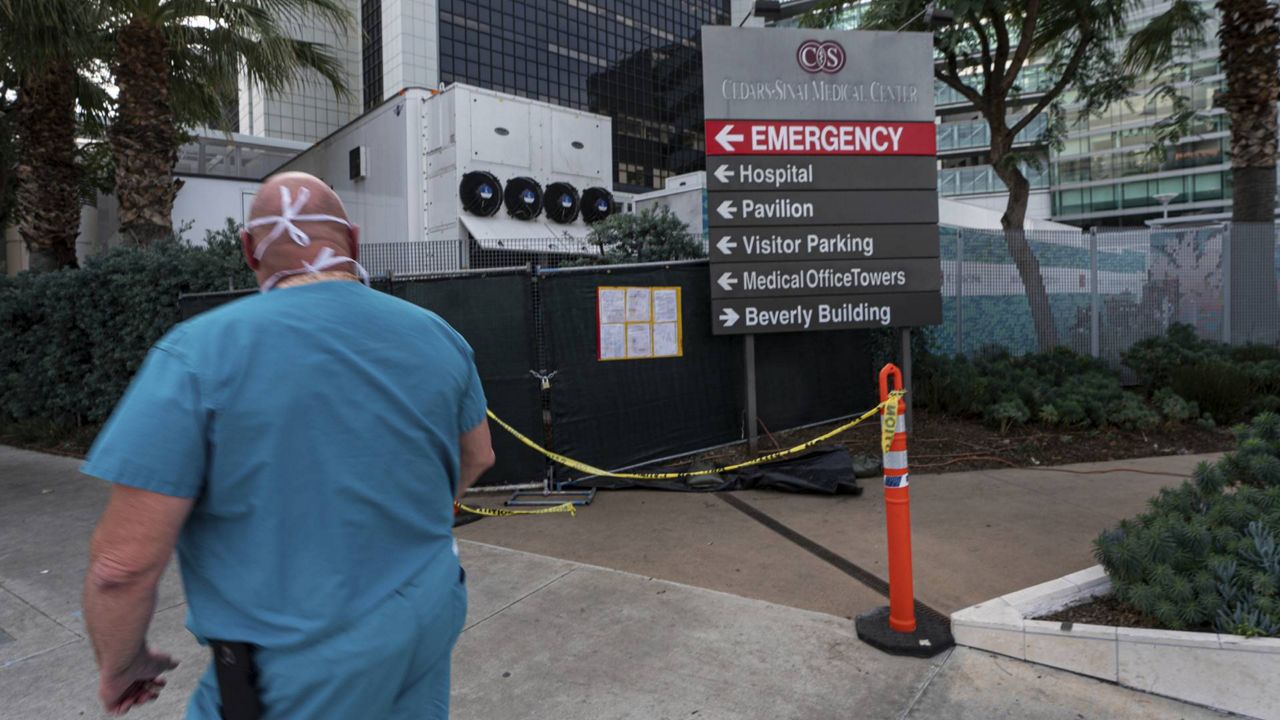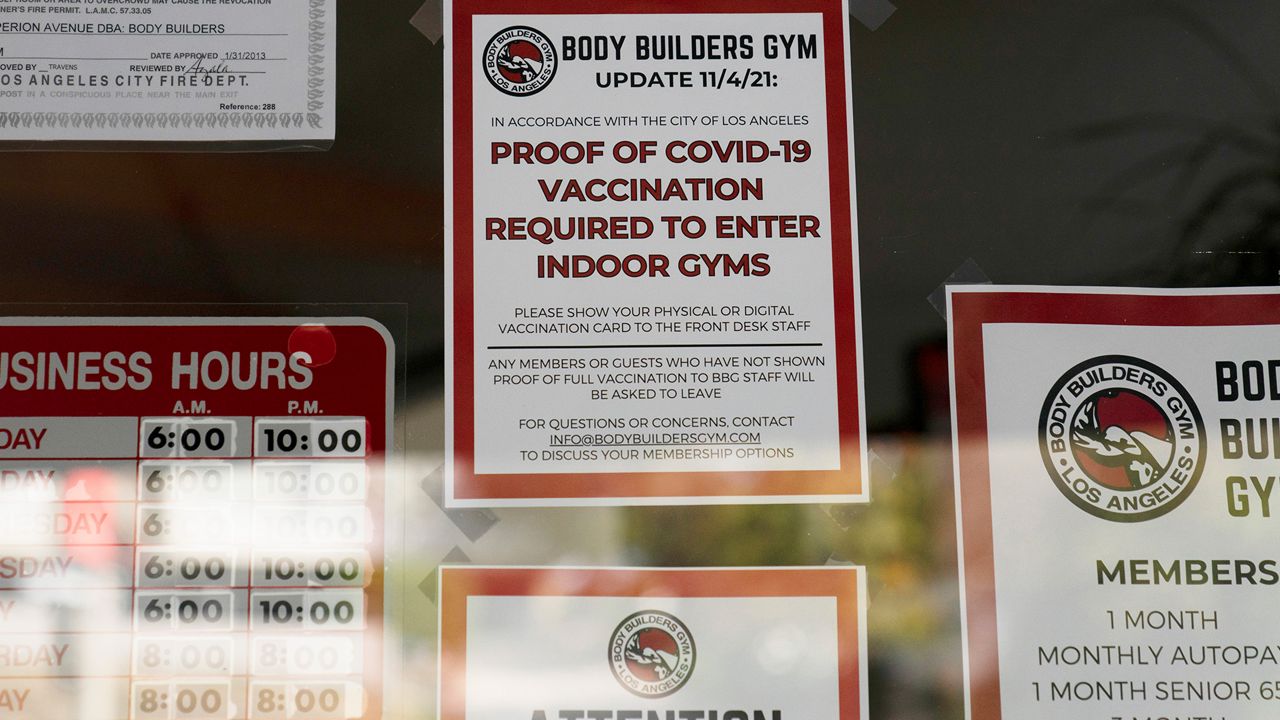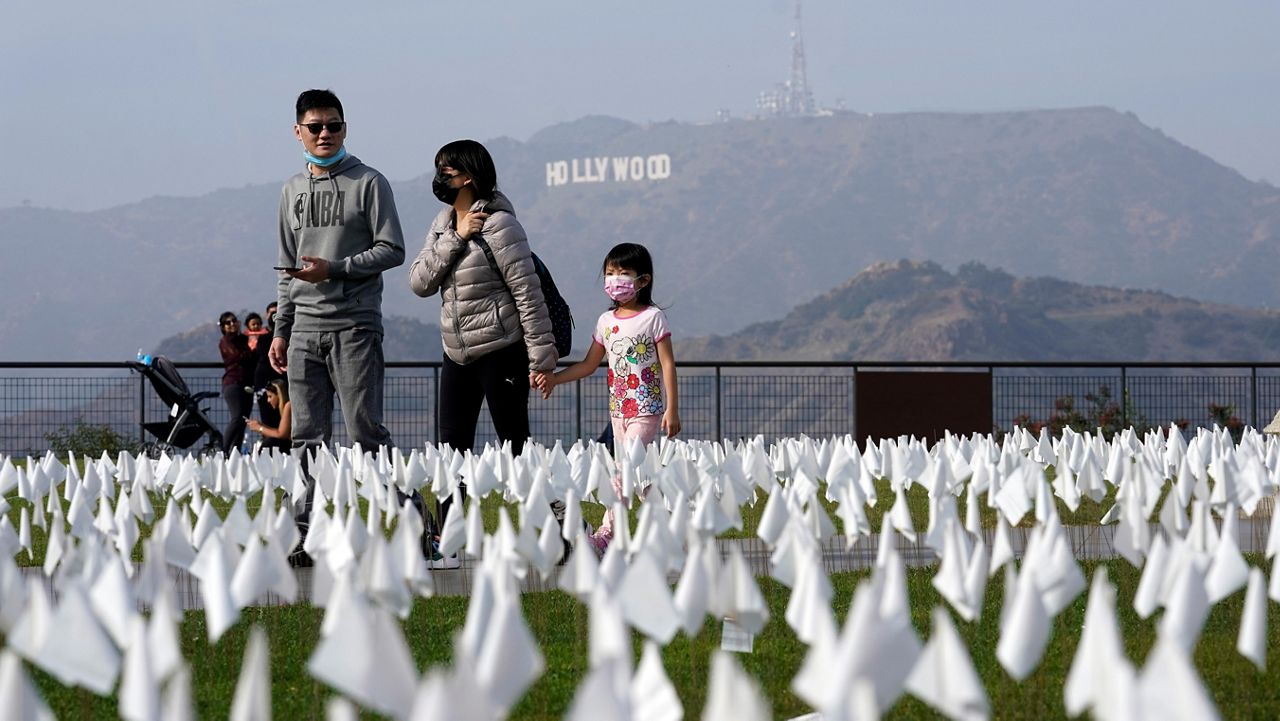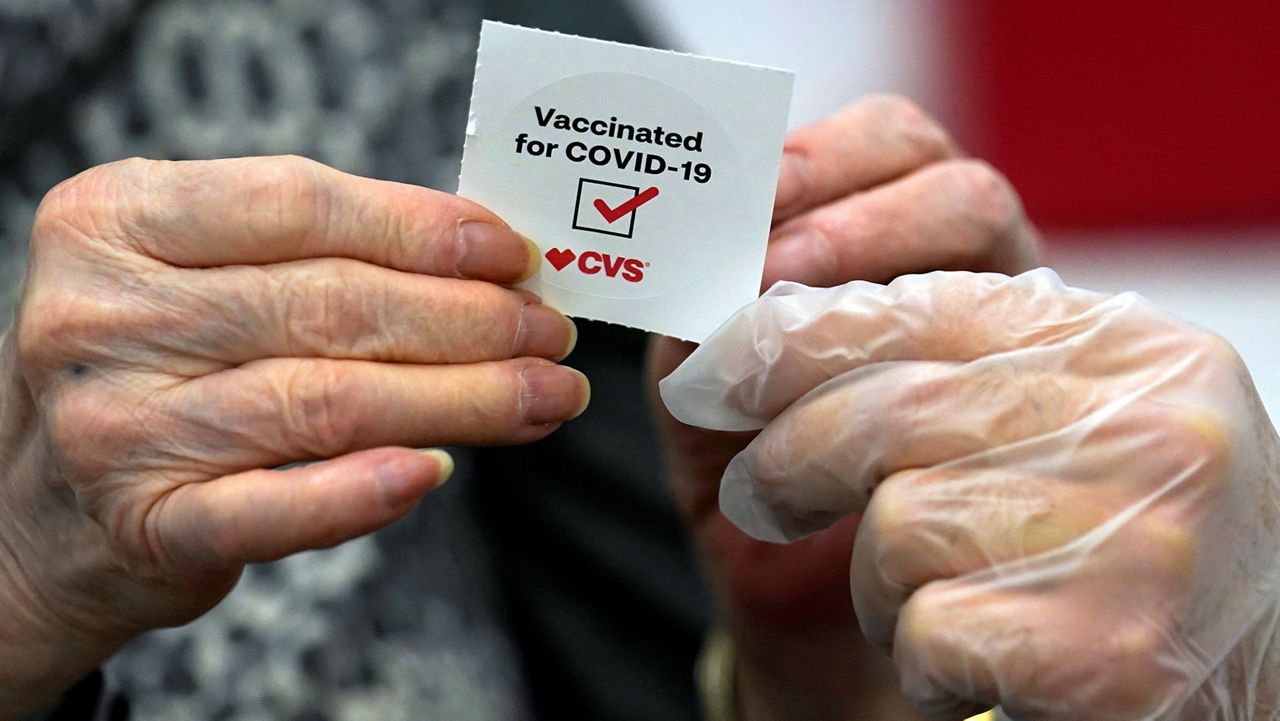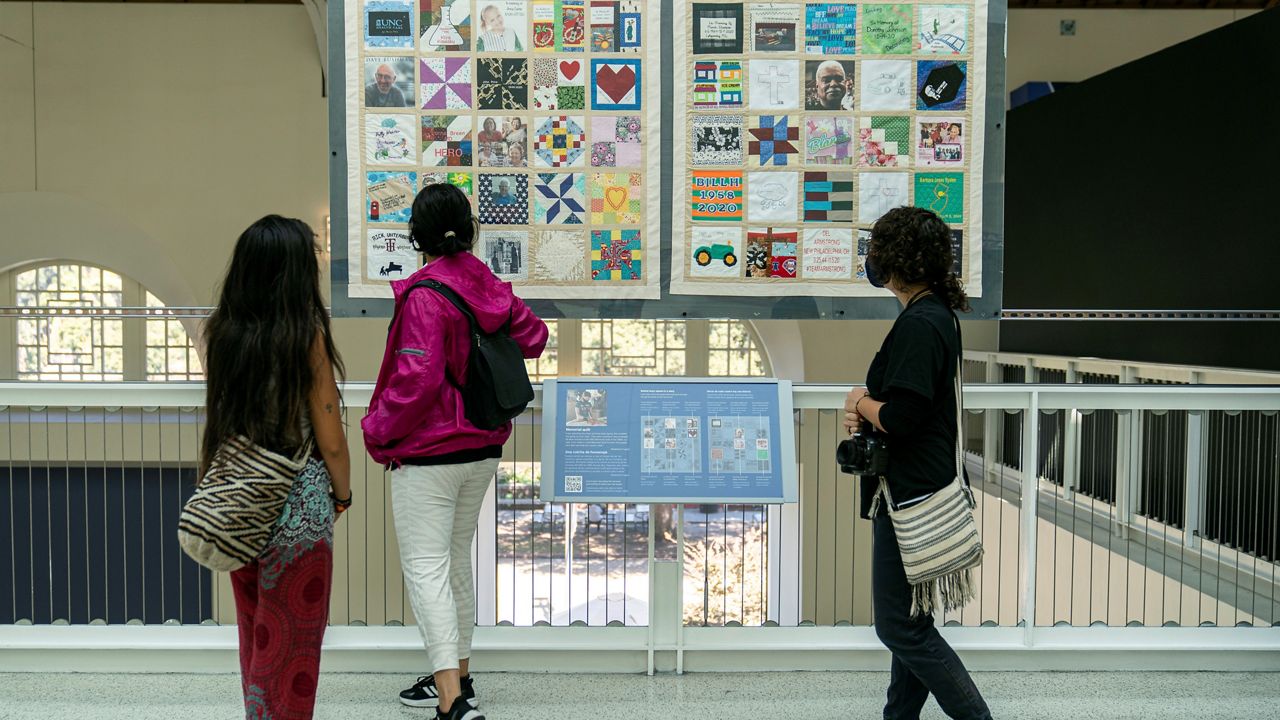LOS ANGELES (CNS) — Although California is expected to lift the bulk of COVID-19 health restrictions on Tuesday, health experts at Cedars-Sinai Sunday were urging Angelenos to hold onto their protective masks awhile longer.
After June 15, those who are fully vaccinated against COVID-19 will be able to go mask-free in most situations, but Cedars-Sinai infectious disease experts suggest masks, an important tool in preventing transmission of the virus, will remain necessary in some instances.
What You Need To Know
- After June 15, those Californians who are fully vaccinated against COVID-19 will be able to go mask-free in most situations
- Health experts at Cedars-Sinai Sunday were urging Angelenos to hold onto their protective masks awhile longer
- The guidelines are likely to continue evolving, said one medical director
- Cold and flu season — which nearly disappeared last year — could also help masks stage a comeback as it ramps up this fall
"We should all keep our masks around for now, knowing that there may be some situations where we want to use them," said Michael Ben-Aderet, MD, associate medical director of Hospital Epidemiology at Cedars-Sinai and an assistant professor of medicine.
He and other health officials said masking — part of safety protocols in place for the past 15 months of the pandemic — is still a good idea — and still required in hospitals, healthcare settings, for travel and in some workplaces, despite COVID-19 cases being down due to high vaccination rates.
The guidelines are likely to continue evolving, Ben-Aderet said.
"These recommendations are likely to remain somewhat complex, because they're based on multiple variables, like community prevalence of COVID-19, overall vaccination rate, level of risk and specific populations," he said.
And, some people are especially vulnerable to infection even when vaccinated, and those people should continue to wear masks in crowded spaces and other higher-risk situations, said infectious disease specialist Jillian Oft, MD, who works with Cedars-Sinai's COVID-19 Recovery Program.
"For people with immune deficiencies, or who may be on medications to lower their immune system, vaccine coverage may be only partial," Oft said. "Those people should ask their doctors for specific masking recommendations."
Oft added that patients in the COVID-19 Recovery Program, who continue to experience troubling symptoms even months after recovering, have been wary of reinfection and are likely to continue wearing masks.
"Any situation where I was at a large gathering, sharing airspace with a lot of people — things like movie theaters and concerts come to mind — I would definitely consider wearing a mask in that situation," she said.
Cold and flu season — which nearly disappeared last year — could also help masks stage a comeback as it ramps up this fall, Ben-Aderet said.
"We've seen how effective masks can be at decreasing transmission of COVID-19 and other respiratory diseases," he said. "These diseases are still out there, and everyone has a different risk threshold, and I certainly wouldn't take away anyone's mask if it gives them a sense of security."
Ben-Aderet said he believes masks are here to stay.






